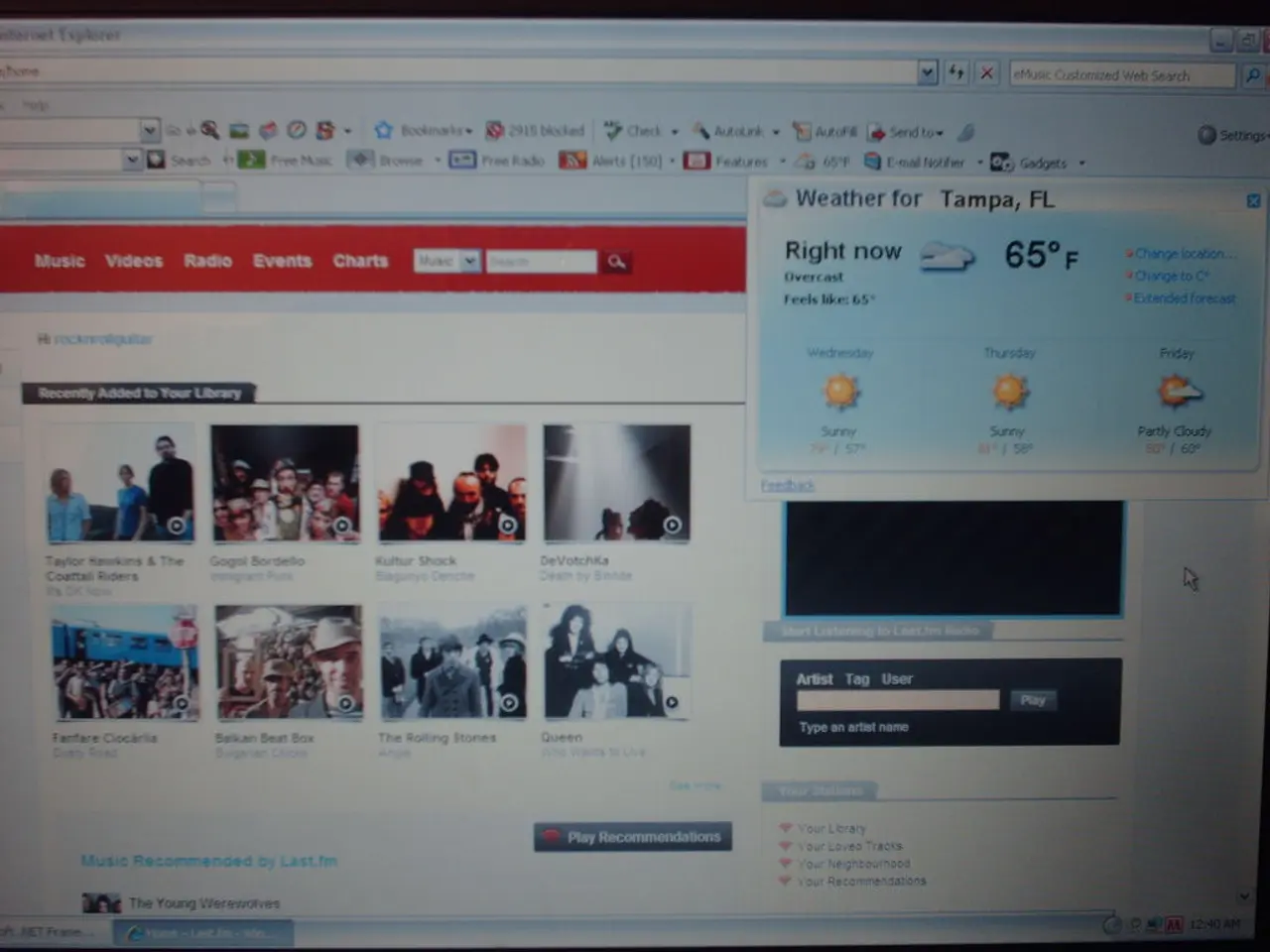U.S. Court Rules Bored Ape Yacht Club NFTs Not Securities, Boosting Web3 Clarity
A U.S. federal court has dismissed a lawsuit against Yuga Labs, the creator of Bored Ape Yacht Club (BAYC) NFTs, ruling that these digital assets do not qualify as securities. The decision, based on the Howey Test, provides legal clarity for NFT projects and reduces regulatory uncertainty in the Web3 space.
Judge Fernando M. Olguin applied the Howey Test, which determines if an asset is a security, and found that BAYC NFTs, ApeCoin (APE), and other Yuga Labs digital assets did not satisfy its criteria. Notably, the court found no 'common enterprise' between Yuga Labs and NFT buyers, a key element under the Howey Test.
The court ruled that broad statements about potential value or future initiatives did not constitute promises of profit. Instead, BAYC NFTs were marketed as digital collectibles with membership perks, not as profit-focused investments. This clarification could encourage innovation within the SHIB ecosystem and other Web3 projects, reducing the threat of securities litigation.
The case was dismissed with prejudice, preventing plaintiffs from refiling the same claims. The ruling establishes that NFTs marketed as digital collectibles with membership or access benefits generally do not qualify as securities under U.S. law. This decision provides much-needed legal clarity for NFT projects, potentially fostering growth and innovation in the Web3 space.







